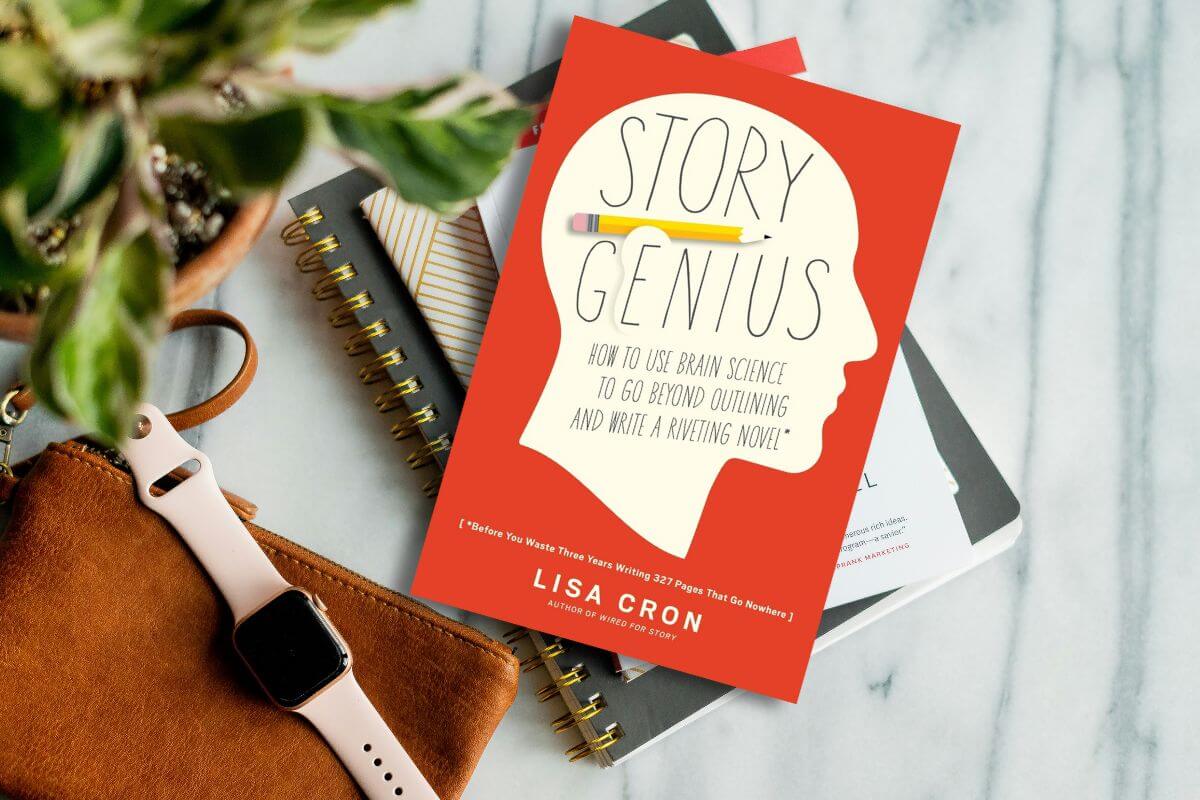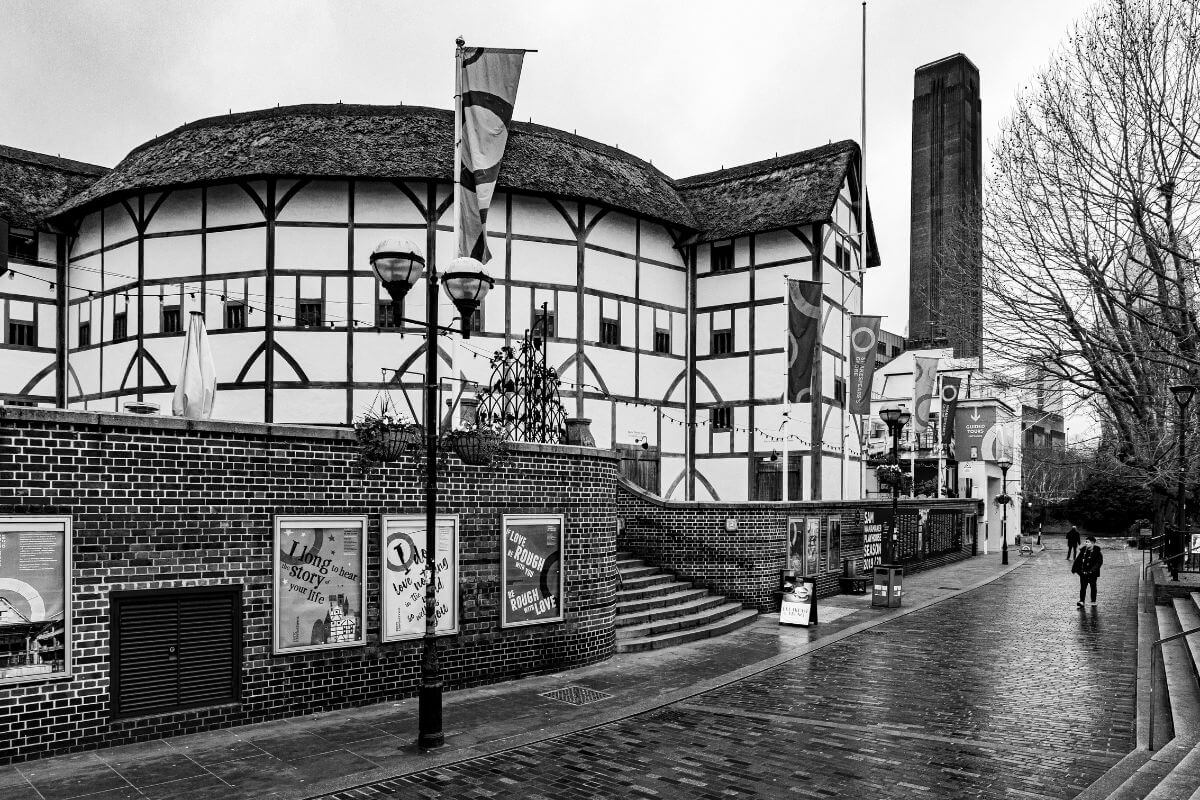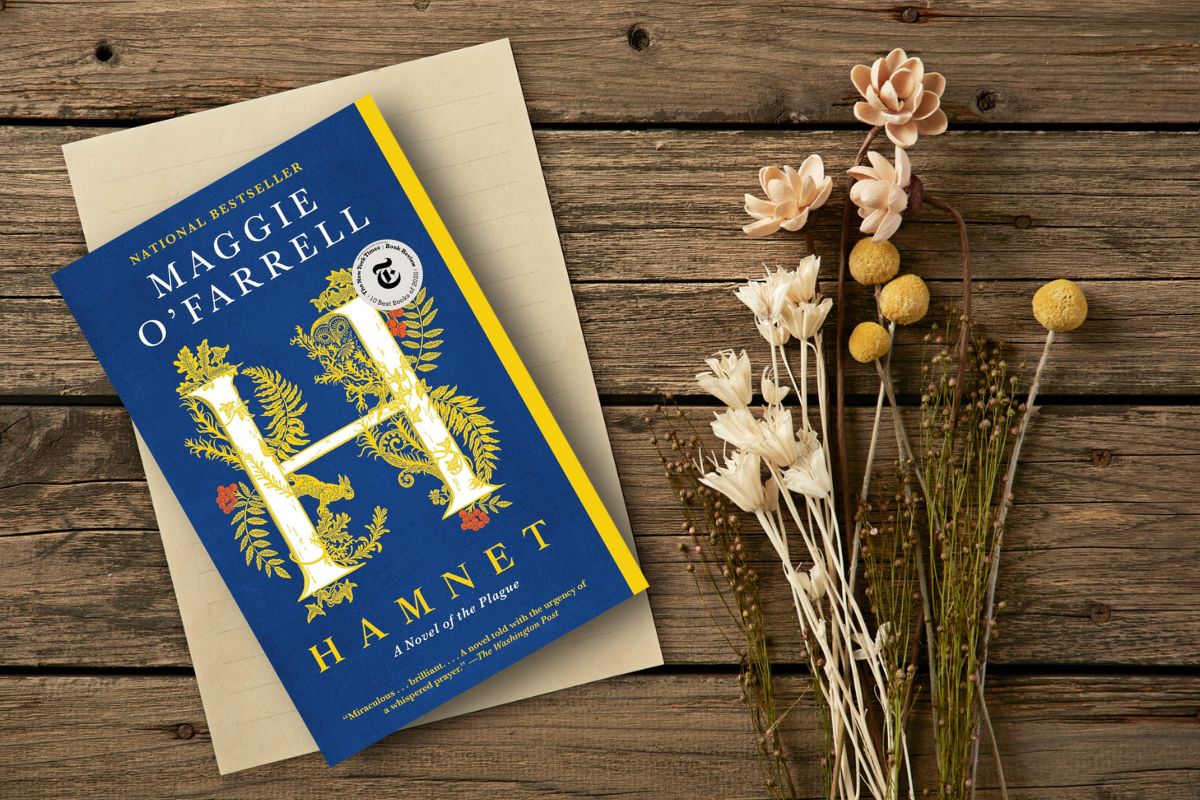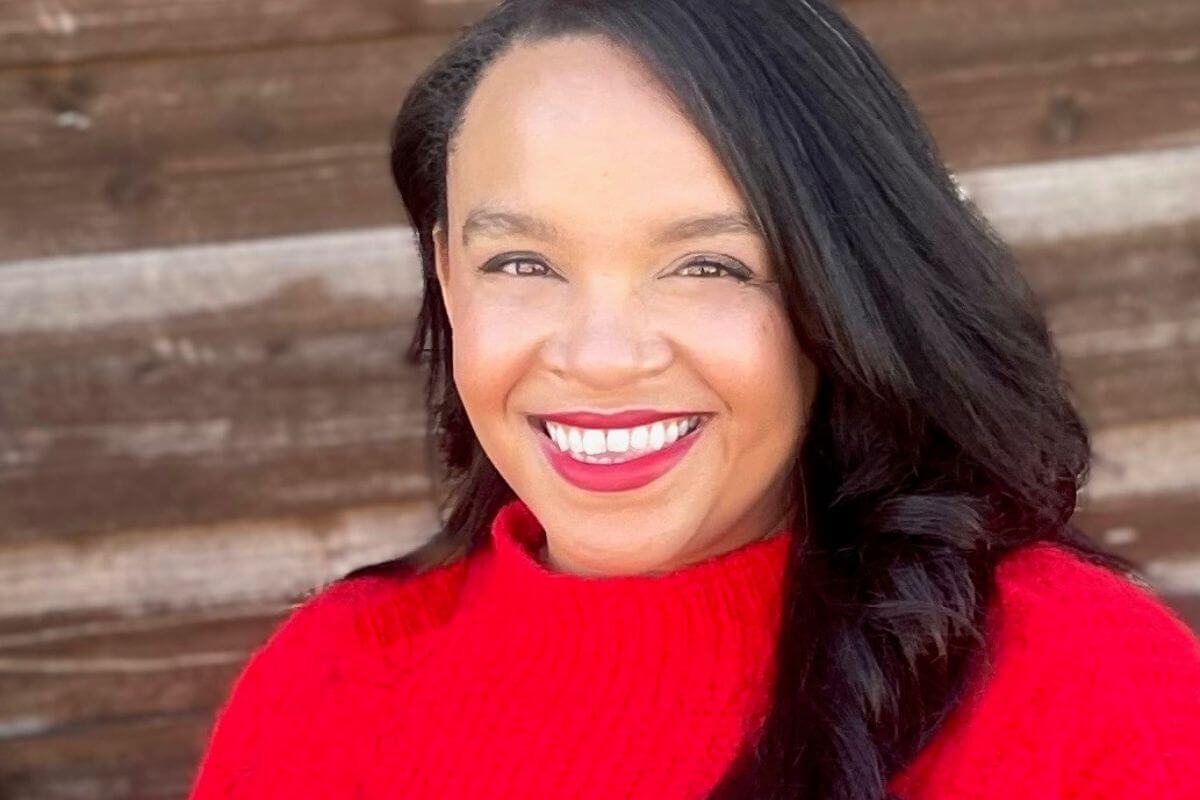It may surprise you to know that the author of Hello Beautiful, Ann Napolitano, makes a commitment at the beginning of every new project not to write for nine months.
That’s right.
When inspiration strikes, Ann doesn’t run for the keyboard. She starts an invisible clock. This nine-month window is her time for “thinking, researching and taking notes.”
She puts it like this:
“I can’t think when I’m writing. There’s a lyricism to it and I’m following the language and discovering things, but I cannot use my brain. So I’ve found out that this is what works best for me, to only use my brain for nine months and figure out as much as I can. And then when I finally get to write it’s a joy.”
Prior to initiating this method, Ann describes a rather tortuous process of getting lost in the prose and struggling to connect the dots of the story itself. When writing Dear Edward and A Good Hard Look, she explains that it took eight years a piece to write these books.
Despite this extended stretch of brainstorming, Napolitano admits to only having a fraction of the book figured out.
“I have pages, and pages, and pages of notes and ideas and possibilities and most of them don’t end up in the book.” Instead, she finds the “tent poles” that serve as a loose guide for where the story will go. “I am unable to figure out 70% of the book until I start writing it.”
If you have also felt the way Ann does, like you get lost in the words and struggle to find the story, perhaps the “9-Month No Writing Method” would work for you too. But, if you’re faced with different challenges, here are some ways to work through your rough patches and come up with your own process for producing faster, higher quality work.
Developing Your Own Specialized Writing Method
Every writer out there has a different style. Some people are pantsers, some are plotters. Some people write fast and edit slow, others write slow because they can’t stop editing. You have your binge writers, your daily word count goal writers, your project abandoners and your prolific, how-the-heck-are-they-producing-this-many-books writers. We all have strengths and weaknesses and the best thing any writer can do is identify those and form a process that can facilitate the most enjoyable writing experience possible.
Here are a few questions to explore to start honing in on your method.
When does writing get hard for me?
Think of the moments where you slow down. Where you stop working. Where you abandon a story all together. Is it in that slog through the middle? Is it in the beginning, when the end feels so far off? Is it after you’ve finished when you do the re-read and feel the weight of how much work needs to be done?
Identifying where you get stuck will help you problem solve for how to get out of it. For example, if you’re someone who gets stuck in the second act of their story, maybe you can try writing out of order. Write some beginning scenes and some end scenes and perhaps that will help you fill in the middle.
At what point do I feel like I have the story figured out?
Do you need to have a good portion of the store in your head before you start writing? Maybe you’re best suited to an outlining method. Does inspiration strike at the 75% mark? Base all your goals around getting to that point as quickly as possible.
When do I operate at my best/worst?
Writing well isn’t just about the act of writing, it’s also about your setting and environment. Are you a morning person or a night owl? Do you need perfect quiet or the buzz of a cafe? Are there days of the week where your schedule is lighter that you can plan for? A method can be as specific as drilling down to every minute you can write or where you’re going to do it. Or it can be broad, like Ann’s where you set an intention for a specific length of time.
What is the most enjoyable part of writing for me?
Are you a research fanatic? That’s awesome, but do you tend to get lost in the research and forget to write? Maybe you also need some constraints around your allotted research period. Do you love writing the most beautiful sentences possible? Perhaps you commit to writing the book without the beautiful prose and go back and add it in later. The parts you love should have space to breathe and be enjoyed, but don’t let them consume all your time.
How did I figure things out when writing got difficult in the past?
Think back to a time where you had to fumble around in the dark until you found your way. What was the key that unlocked your creativity? Whether you needed some time away or the best results came from when you powered through, take note of the process that got you back on track and find a way to infuse that into your method.
What are some of my biggest writing obstacles?
Whether you are strapped for time due to a busy home life, zapped of creativity from a straining job or dealing with a debilitating illness, all writers have forces that are working against their creativity. We all also have a vast ability for problem solving, it’s just harder to do in the moments when you’re contending with the issues.
If you have kids to care for, plan for times when your partner is home or a grandparent can take over. You can even plan to write in the parent pick up line or flip open your laptop during naptime. Set the intention before the days/weeks/months slip on buy. If you feel completely emptied after a 9-to-5, consider waking up early and writing in the mornings or reserve time on your weekends to indulge in your passion. If you’re dealing will illness, are there times of the day where you are at your best and could feel fulfillment from even just a few minutes given over to writing?
What kind of support is required in order to do my best work?
We all have to lean on people and the opportunities around us to make time for writing when it feels like there’s no time to give. If you have people in your life willing to provide support, ask. If you can/need to hire support, no shame in that either! If your sister is able to offer up her quiet apartment while she’s at work so your regular home distractions are removed, do it! Don’t operate in a bubble. Share your intentions with the people around you and engage them.
Where does inspiration strike?
Though we all know we get ideas in the shower, we can’t just sit in there and steam all day. You might get great ideas for your novel from listening to psychology podcasts or during long quiet walks in the woods or from “people watching” at the beach. The point is, find the things that fuel you and find a way to work them into your process. Maybe you write four days a week and actively engage in inspirational endeavors two days a week, with one day of rest. Plug into the things that are life giving and remind yourself that this is supposed to be a delightful endeavor (at least some of the time) so don’t just spend every spare minute at the keyboard.
What resources are my best allies in writing?
From novel outlining software to a writing partner, it’s important to uncover all your lifelines. Most of us need some form of organization, accountability and goal setting to get the job done. Find out what your magic recipe for success is.
Ann Napolitano’s method works for Ann. She went from an eight-year journey writing her previous book to a two-year turn around using this and other methods. Perhaps her process will work for you too. Or maybe it won’t. All the more reason to be intentional about honing your own method. Clear the clutter of other people’s advice and opinions and find the way forward that works for you.














Leave A Comment